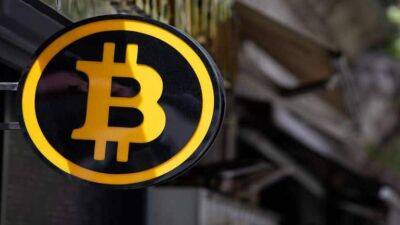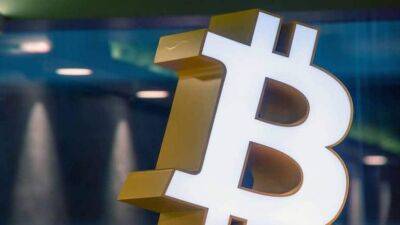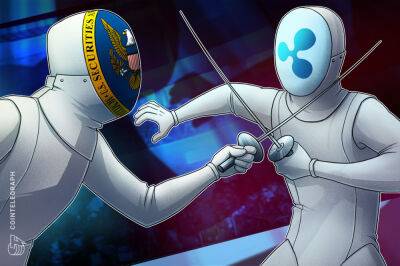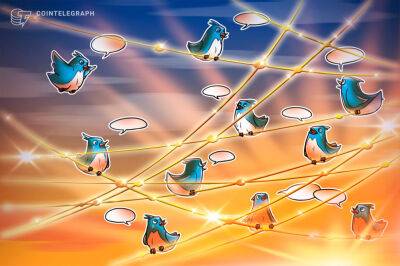Let them eat cheese… working from home is here to stay
One of the bestselling business books of all time is called Who Moved My Cheese? by Spencer Johnson and has sold 30m copies worldwide since 1998. It is a book about change and features two sets of creatures, mouse and human, who are either trying to replicate old patterns and find long-lost cheese or be adventurous and discover new supplies of it.
It is rather a fitting parable for the emerging battle lines around post-pandemic working practices, specifically how much knowledge workers use the office and what productivity gains look like with new hybrid working patterns. Another Johnson is also using cheese to make his point. The prime minister said on Friday: “My experience of working from home is you spend an awful lot of time walking very slowly to the fridge, hacking off a small piece of cheese, then walking very slowly back to your laptop.”
This message – that all you do is nibble unproductively and waste time when you work from home – has been echoed by a series of poster-men (and it is men of a certain generation) for RTO or “return to office” from business and government around the world, including David Solomon of Goldman Sachs, who called working from home an “aberration”; Lord Sugar, who railed against the “lazy gits” at PWC who are working “summer hours” out of office; and of course Jacob Rees-Mogg, who took to touring empty Whitehall offices and leaving passive-aggressive “Sorry you were out” notes on desks.
From a management and leadership perspective, all I can say is that this strategy is not much better than calling workers “cheese-eating surrender monkeys” (a term memorably coined by The Simpsons – the same year that Who Moved My Cheese? was published – to describe the French), and it is interesting that
Read more on theguardian.com















![Despite everything, Bitcoin’s [BTC] pricing model has something else to say - ambcrypto.com](https://finance-news.co/storage/thumbs_400/img/2022/6/14/29560_xku.jpg)





